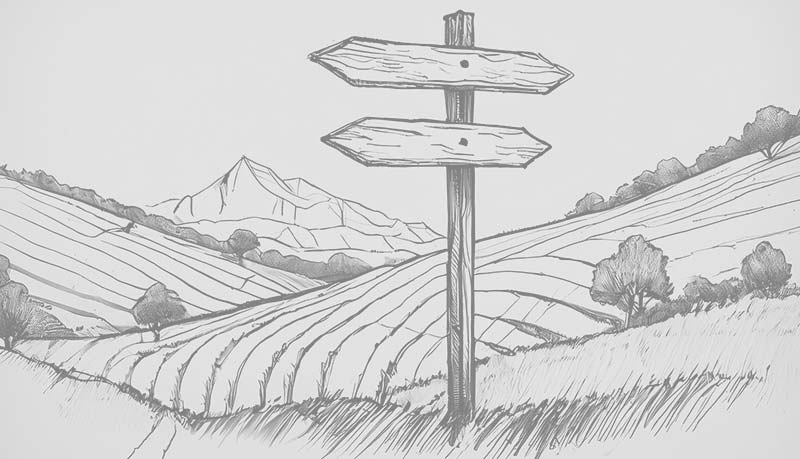Precision, purity, and umami—that’s Japan in the glass. From aromatic sake and smooth shochu to incense-tinged whisky, bright lagers, and citrusy liqueurs, Japan delivers clean flavors with real depth.
What makes it special
- Koji craft: Fermentation with koji unlocks delicate aroma and savory length.
- Mizunara oak: Japanese whisky gains sandalwood, coconut, and spice from this rare wood.
- Regional range: Kyushu for shochu, Okinawa for awamori, Hokkaido for crisp beer, Yamanashi for light, mineral wines.
Styles you’ll see
- Sake (Nihonshu):
- Shochu: Single-distilled and savory.
- Awamori (Okinawa): Black-koji depth; jasmine, tropical rice, umami.
- Whisky: Silky single malts and blends; ex-bourbon/sherry or Mizunara casks.
- Beer: Ultra-crisp rice lagers plus hop-bright craft.
- Liqueurs: Umeshu (plum), yuzushu (yuzu) for citrusy, dessert-friendly sips.
- Wine (niche): Koshu (light, citrus-mineral) and Muscat Bailey A (soft red).
Flavor snapshot
Melon, pear, steamed rice, and subtle umami in sake; earthy-toasty grain in shochu; sandalwood, honey, and citrus in whisky; crisp grain and gentle hops in beer; bright plum or yuzu in liqueurs.
Pairing playbook (veg-forward)
- Sake: Sushi rolls, tempura veg, agedashi tofu, miso-glazed eggplant.
- Shochu: Mushroom yakitori, okonomiyaki, salty snacks.
- Awamori: Seaweed salad, sesame noodles, gingered tofu.
- Whisky: Soy-glazed mushrooms, dark chocolate.
- Beer: Karaage-style cauliflower, fries, ramen nights.
- Umeshu/Yuzushu: Cheesecake, fruit tarts, soda spritz.
Buying tips
- Sake: Lower rice-polish (Daiginjo/Ginjo) = more aroma; Junmai = rice-pure and food-friendly. “Karakuchi” hints at dry.
- Shochu: Look for Honkaku (authentic, single-distilled). Pick imo for earthy depth, mugi for smooth, kome for delicate.
- Whisky: Cask type matters—Mizunara for incense spice, sherry for dried fruit, bourbon for vanilla.
- Liqueurs: Sake-based umeshu is lighter; brandy-based is richer.
Serving notes
- Sake: Ginjo/Daiginjo 45–50°F; Junmai lightly cool to warm (up to ~115°F); Nigori well-chilled.
- Shochu: On the rocks, with cold water (mizuwari), or with hot water (oyuwari).
- Awamori/Whisky: Neat, a few drops of water, or as a highball.
- Beer: 38–42°F.
- Umeshu/Yuzushu: Chilled, on ice, or topped with soda.
Bottom line
Japan keeps flavors clean and focused—aroma up front, umami in the middle, and a tidy finish. Whether you’re pouring a fragrant Daiginjo, a barley shochu highball, or a Mizunara-kissed whisky, you get clarity, balance, and effortless pairing.
FAQs
1) Is sake sweet or dry?
Both exist. Look for “karakuchi” (dry) and check the style—Ginjo/Daiginjo often read aromatic and off-dry; Junmai leans drier and food-friendly.
2) Shochu vs sake—what’s the difference?
Sake is brewed (like beer) and ~14–16% ABV. Shochu is distilled, usually 20–25% ABV, and shows more grain/earth character.
3) What’s a good starter pick?
Grab a Junmai Ginjo for balance and aroma, a mugi shochu for smooth highballs, and a Japanese whisky highball to taste the style without heat.





